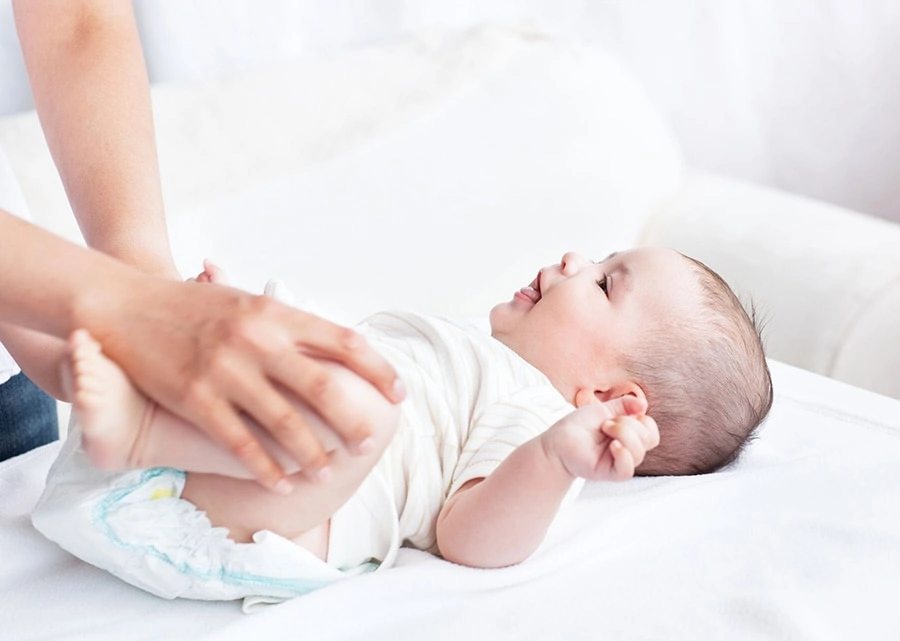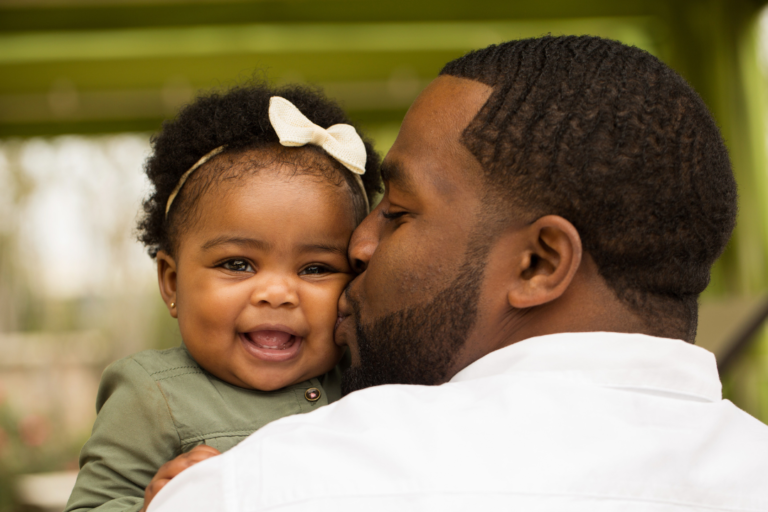Sensory comforts for sleep – what are some of your favourites? I love a cool room, with a feather comforter and a memory foam pillow. Talking about this reminds me of a previous client at my OT practice.
Maria* was in her last trimester of pregnancy. She was becoming increasingly uncomfortable. She felt big and heavy and was waking up often throughout the night. She asked me if these frequent night wakings were her body’s way of preparing her for sleepless nights once her baby arrived.
There’s definitely no scientific evidence to confirm her theory but the truth is that whether we are adults or babies, we need to be comfortable to stay asleep through our sleep cycles. The heaviness and discomfort of the last few weeks of pregnancy is enough to wake up up at night. Especially if your back and hips are sore, or you can’t find a comfortable position to lie in, are too hot or need to use the bathroom frequently.
Similarly, when your baby comes into their light sleep state, they are more likely to wake if they are uncomfortable in any way.
Common sleep disruptions
In order to expect a good night’s sleep, you need to ensure that your baby is comfortable. Start by ruling out these common causes of discomfort:
- Soiled nappy / diaper: Your baby is much more likely to wake up if their nappy is dirty. By four months old babies typically stop pooing at night and pass a stool at a regular time during the day. But if your baby is younger than 4 months or has just woken with a dirty nappy, change the nappy. But you don’t have to change a wet nappy (unless soaked) because babies wearing good quality nappies don’t notice a wet nappy as much as years gone by.
- Dry skin: Your baby’s skin plays a vital part in feeling comfortable. After all, it is the largest sense organ in our body. If your baby’s skin is very dry or they suffer from eczema, be sure to use a good quality moisturizer regularly.
- Illness and teething: If your baby is teething they are likely to wake due to the discomfort of their teeth pushing through the gums. However, it is important to note that teething is generally very short lived – only a night or two when the tooth is breaking through the gums. Illness such as ear infections, a fever or a snotty nose may make your baby wake more often at night. Ask your doctor or pharmacist to recommend some meds to help your baby feel more comfortable.
- Room temperature: Many night wakings, especially those in the early hours of the morning are due to your baby feeling chilly. If your baby kicks off their blankets they are likely to feel cold at around 3 or 4am. Use a baby sleeping bag to reduce the chances of your baby getting cold. If you live in a very warm climate, use a room thermometer to guide you as to when to cool the room. Cooling your baby’s room with a fan or air conditioner has the added benefit of white noise, which helps your baby to sleep deeper too.
Once you’ve ruled out these common disturbances, you can focus on giving your little one other sensory comforts for sleep. This could include a special blanky or soft toy, leave a dummy in their crib to find should they wake and gently teach your little one self-soothing methods to have the best night’s rest.
For expert advice and access to Meg Faure’s Sleep Sense online course, download Parent Sense – the all-in-one baby app that takes the guesswork out of getting a good night’s sleep.
* Not her real name




